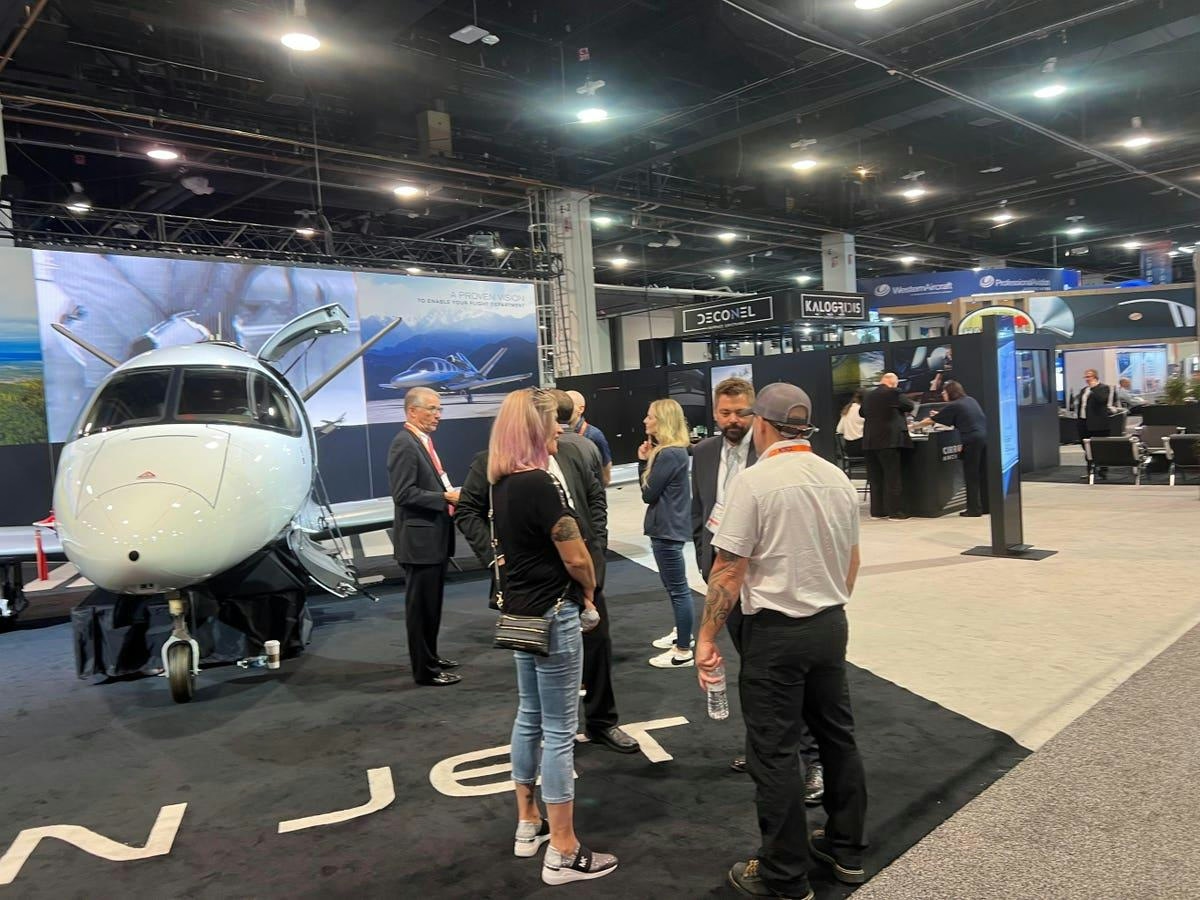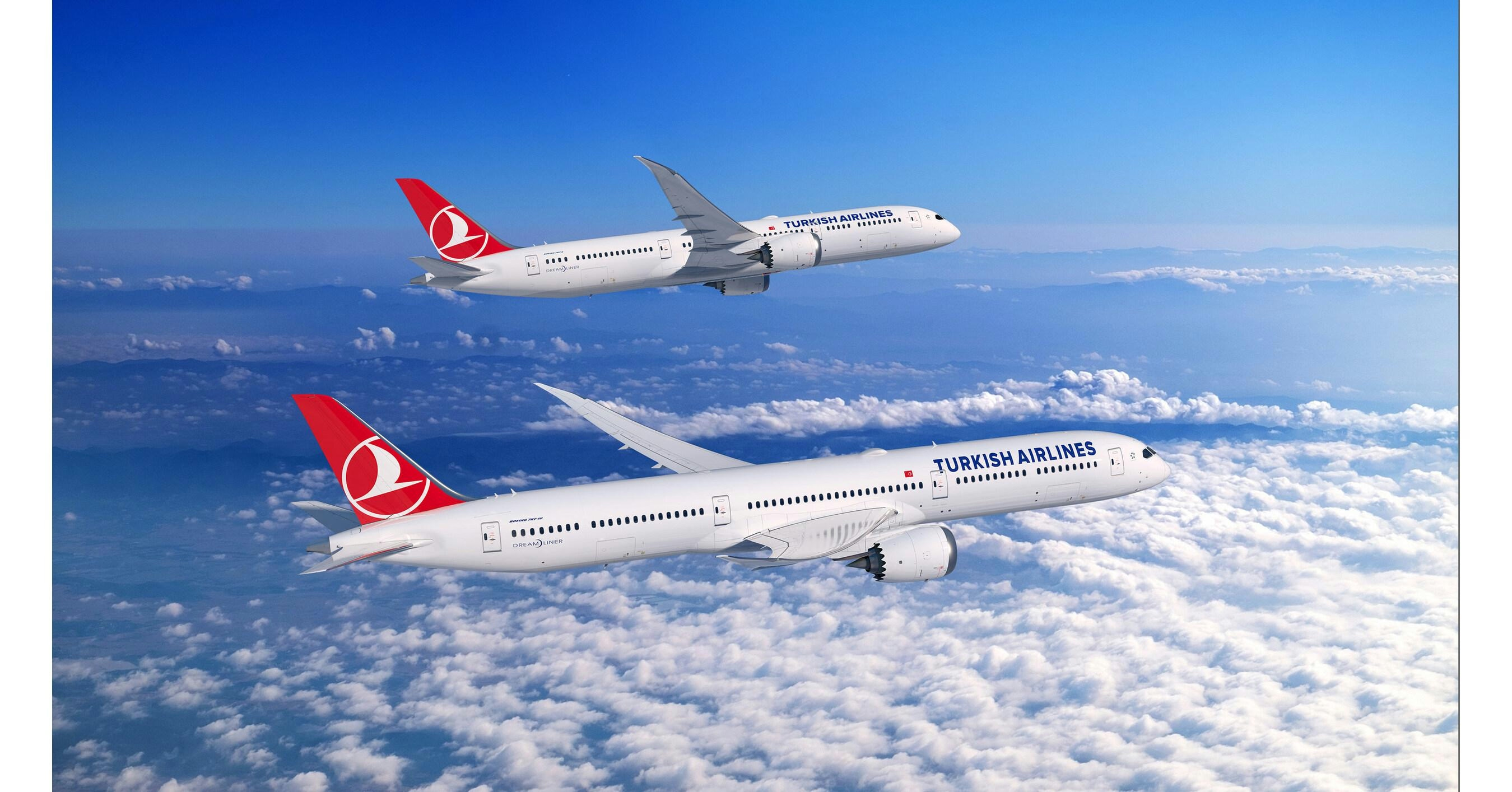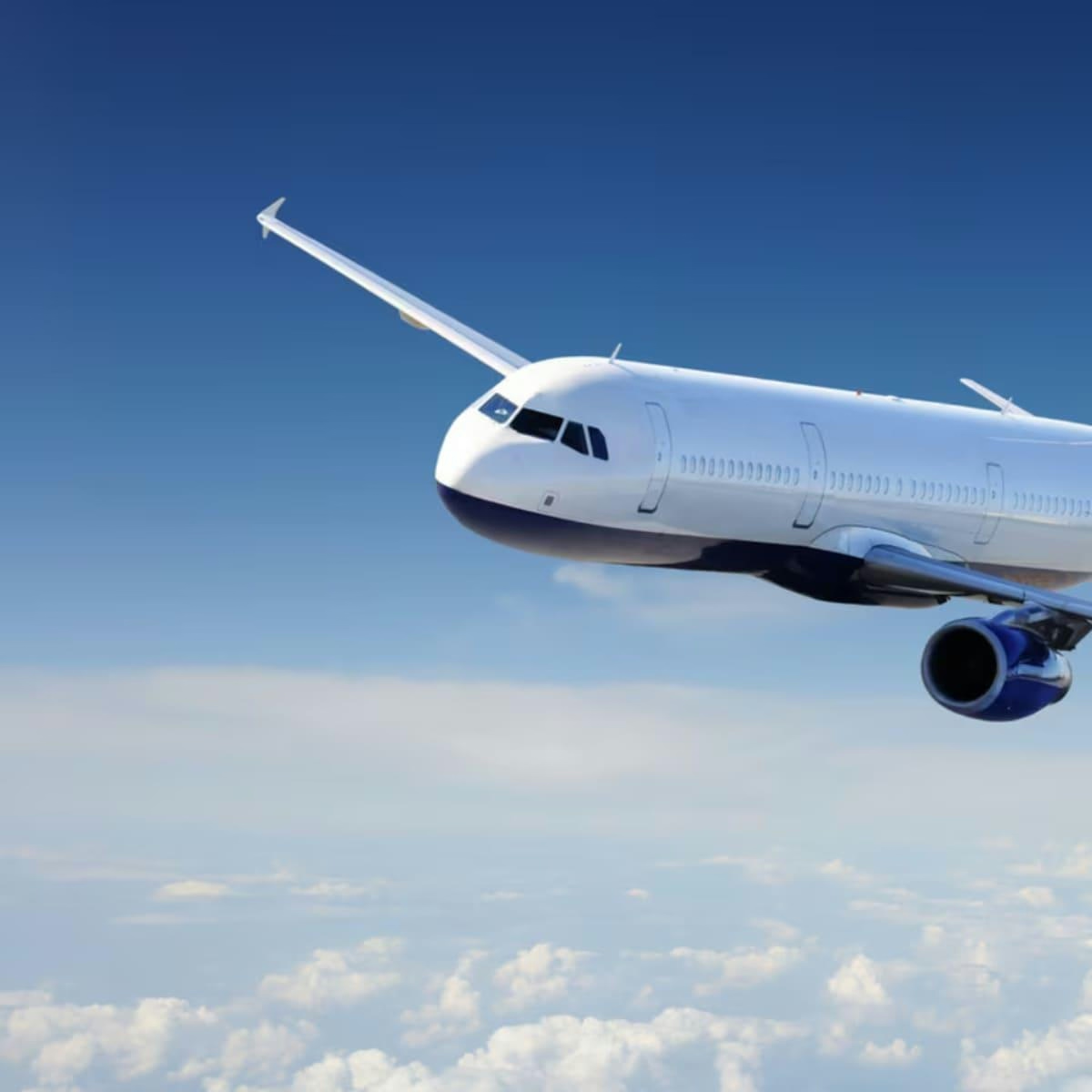AeroGenie — Tu copiloto inteligente.
Tendencias
Categories
Strategic Partnerships in the Post-Pandemic Business World: Unlocking Opportunities in Aviation, Tech, and Event-Driven Economies

Strategic Partnerships in the Post-Pandemic Business World: Unlocking Opportunities in Aviation, Tech, and Event-Driven Economies
The post-pandemic business environment is characterized by a renewed emphasis on resilience, innovation, and enhanced global connectivity. Strategic partnerships, exemplified by Emirates’ sponsorship of the CXO 2.0 Conference, have evolved beyond traditional marketing efforts to become deliberate alignments with sectors poised for sustained growth. These sectors include aviation, artificial intelligence (AI), cloud computing, and event-driven economies. While such alliances open new avenues for investment, they also introduce complex challenges amid an increasingly intricate global landscape.
Aviation: Innovation Amid Disruption
Emirates’ partnership with the CXO 2.0 Conference underscores the airline’s dedication to technological progress and fostering international business connections. By providing exclusive travel offers to conference participants, Emirates not only facilitates global engagement but also highlights its advancements, such as AI-powered aircraft turnaround systems and autonomous robotics deployed in airport operations. These initiatives reflect a broader industry shift toward automation and sustainability.
Nonetheless, the aviation sector confronts significant obstacles. Geopolitical tensions, including a rise in GPS jamming incidents across Europe, pose threats to aviation safety and disrupt supply chains. In response, companies are investing in AI-driven anti-jamming technologies and resilient positioning, navigation, and timing (PNT) systems, often collaborating with regional governments to mitigate these risks.
Despite these headwinds, the global AI market within aviation is expected to expand dramatically, from $7.4 billion in 2025 to $30 billion by 2035. This growth is fueled by increasing demand for predictive maintenance, fuel efficiency, and enhanced passenger experiences. Airlines such as Alaska and Delta are already harnessing AI to reduce costs and improve operational efficiency, signaling promising prospects for aviation technology firms with strong research and development capabilities.
Technology and AI: The Backbone of Modern Business
The CXO 2.0 Conference’s focus on AI, cloud computing, and cybersecurity aligns closely with the UAE’s national strategy to integrate AI across various sectors. Dubai’s ambition to establish itself as a global innovation hub has attracted prominent partnerships, with conference sessions emphasizing AI-driven leadership and digital transformation.
The cloud technology market, also valued at $7.4 billion in 2025, is experiencing rapid expansion as businesses seek scalable and cost-effective solutions. Public cloud and Software as a Service (SaaS) models, dominated by industry leaders such as Microsoft and Amazon Web Services, remain at the forefront. Investors are particularly interested in technology firms generating recurring enterprise revenue and those developing specialized applications in aviation, logistics, and event management. The integration of AI into cloud platforms, exemplified by Microsoft’s Azure OpenAI services tailored for aviation, represents a significant growth opportunity.
However, global technology partnerships must navigate geopolitical complexities, especially tensions between the United States and China. Companies like Nvidia face regulatory challenges, while others, including Trip.com Group, are leveraging AI-driven innovation and strategic marketing to capitalize on China’s underdeveloped inbound tourism sector.
Event-Driven Economies: Catalysts for Collaboration
Events such as the CXO 2.0 Conference play an increasingly critical role in driving innovation by bringing together executives from Fortune 500 companies, startups, and government officials to encourage cross-sector collaboration. Dubai’s selection as the 2025 host city highlights its position as a nexus between traditional and digital economies, consistent with the UAE’s Vision 2030 goals for economic diversification and technology-led growth.
The success of event-driven economies depends heavily on robust infrastructure supporting global mobility and digital engagement. Emirates’ discounted fares for conference attendees not only enhance participation but also reinforce Dubai’s status as a premier global business hub. Concurrently, companies like Saks Global are revitalizing the U.S. luxury retail sector through operational efficiency and technology-enabled personalization, demonstrating how strategic partnerships and innovation can unlock new opportunities even amid uncertainty.
In this evolving landscape, investors and companies that adopt forward-looking strategies—balancing opportunity with risk and leveraging strategic alliances alongside technological innovation—are best positioned to navigate the complexities of the post-pandemic world.

Four Gateway Towns to Lake Clark National Park

PRM Assist Secures €500,000 in Funding

InterGlobe Aviation Shares Rise 4.3% Following January Portfolio Rebalancing

Key Market Segments Shaping Airline Route Profitability Software

Locatory.com Gains Traction Among Aviation MROs and Suppliers

58 Pilots Graduate from Ethiopian University

The Engine Behind Boeing’s Latest Widebody Aircraft

UBTech Shares Rise After Airbus Orders Humanoid Robots

Boeing’s Widebody Jet Sales Surge Signals Shift in Global Air Travel

French Aircraft Design Claims to Reduce Energy Consumption by Elevenfold
